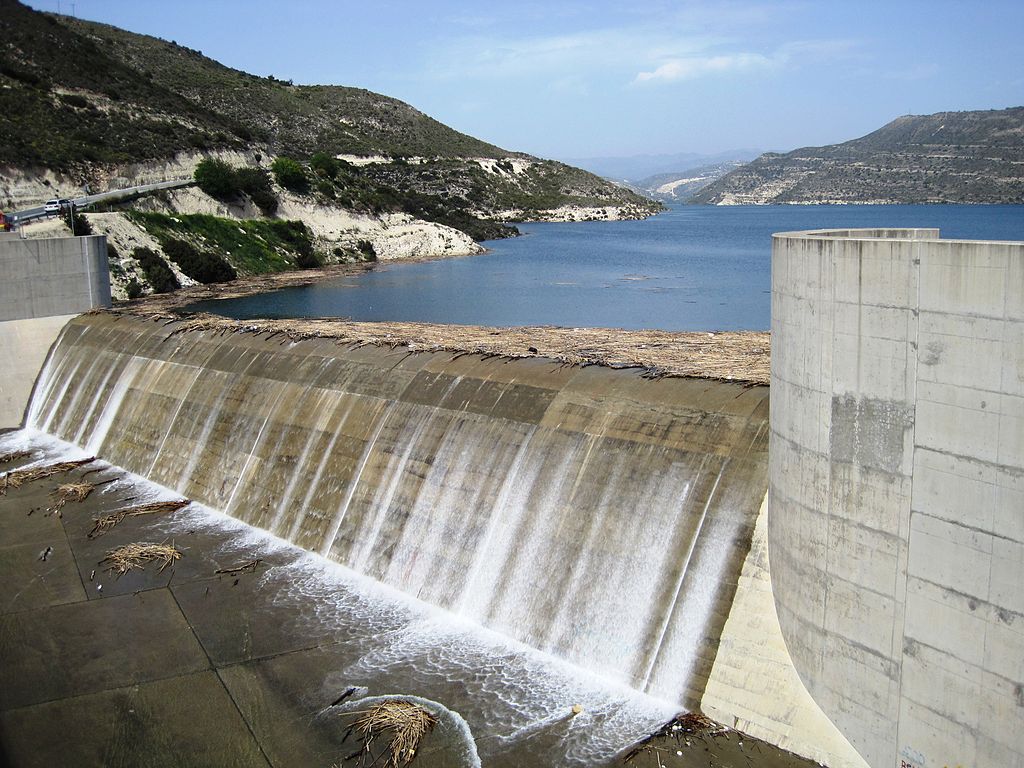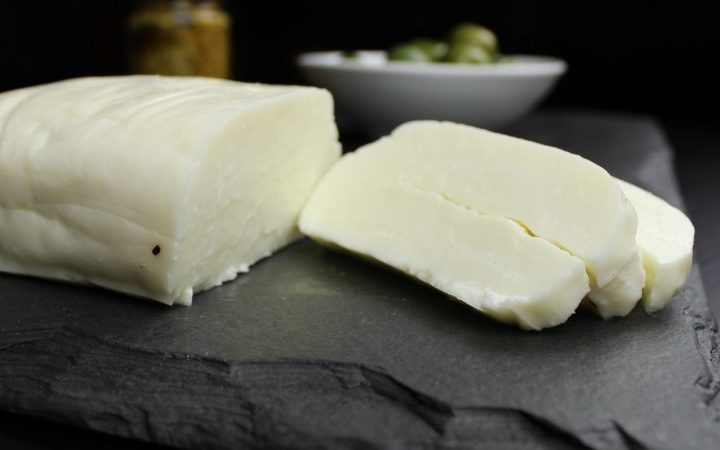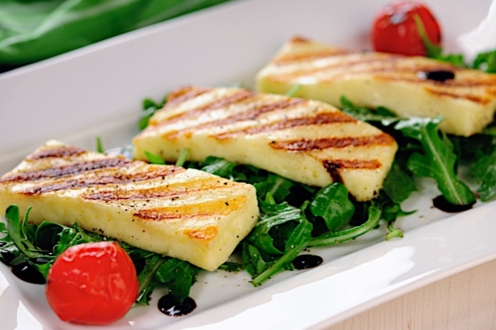We are unlucky in many respects as we live in a country with financial troubles and many adverse side effects. The view to a better future is on track with an expectation of better things to come over the next 3-4 years.
But for now, a lot of people are suffering. The heart-breaking municipal grocery shops are probably the worst result of the crisis. The psychological impact on the younger generation might take about 5-6 years to surface.
Everybody is trying, including the government, to encourage development, giving various “whatever it takes” incentives to lure foreign investments. To this end, the abolition of the Citizenship-for-Investment Scheme – aka ‘golden passports’ – dealt a terrible blow.
The Troika has caused many bad things to Cyprus and the E.U., but it is firstly our fault, and we have ourselves to blame.
So, what are the ‘alternative developments’ we should get more serious about?
- Kourris Dam – Talking about the Environment, a proposal was almost approved to build 1,000 homes and a golf course around Cyprus’ most beautiful water reserve. I’d say this was crazy since we already have six licensed golf courses with no incoming investors. To risk our drinking water reserves is beyond comprehension. Just as well, the initially issued planning permit was cancelled.
- Agricultural Land – If the plot is large enough, the government’s new policy is that you can build anything from housing to hotels. That may be good to attract some investment, but where are the investors? More importantly, where are the buyers for individual units at such new large-scale investments? Why do it unless there is a specific proposal regarding a positive impact on education, health, research? Why focus on new housing and industrial units when there are thousands of unsold units and abandoned properties all over Cyprus? It will damage the Environment and encourage sporadic development with no tangible benefits other than to benefit the landowners. It makes no sense.
Up to recently, there had been restrictions on such sporadic development. Still, with the government not having a majority in the House, it gave in to a small socialist party to allow it to get the 2021 budget approved.
- Weather – We have a problem with a long, non-rainy season. Thank God February was wet and somewhat helpful in this direction. Could it be God’s answer to the Archbishop’s prayer for rain? No rain is just as bad as floods, and low temperature are for other countries. Cyprus may be better off than other countries when it comes to floods. A bit more rain or abundance of water would tremendously contribute to upgrading the local Environment and green growth.
- Green areas – So far, the requirement for a public green area had been a minimum size of 500sqm. The previous government changed these requirements, and public green space could be as little as 200 sqm. So, now we have thousands of small plots which must be turned into public gardens, and the question is, who will pay for their upkeep? Also, many of these small green areas have become the neighbourhood rubbish ground and an open toilet for dogs.
- Beach improvements – There have recently been reports about the Protaras/ Famagusta area beachfront and the Environment. So, what is the problem? Is it not better to have an accessible beach instead of dangerous access and beaches without facilities? Can we make up our minds? Small politics and the “greens” seem to be confused about what benefits this country and its residents. The Environment should be improved for the people’s benefit, and things should not be left as they are. If this is the attitude, then no development would ever be allowed since even the development of a single house could spoil the Environment.
- The Environment is about preserving nature and maintaining a certain standard and the local character. Plastic white chairs thrown about in tourist and non-tourist areas, absence of tablecloths in even the humblest of restaurants, the chaos with billboards and signs for shops also impact the Environment. A significant improvement was introducing the HACCP certification for restaurants which drastically improved health standards and the Environment.
- Turning back to agriculture by mainly younger people and other newcomers is a major boost to the local Environment. An example is the planting of quality vines in Omodhos and other areas, encouraging small-scale wineries, some of which are ecological. The good news is that boutique wineries cannot meet demand from buyers in Europe, despite the pandemic and Cyprus. And how is this possible? Planting new vines in barren hills is one of the best things we have done for the Environment.
- Small industries are now popping up in villages regarding home-made and traditional sweets. Another positive development is helping the old, abandoned fruit trees to come back to life, such as in Agros village, where due to growing demand, there is not enough produce to export. Financial support for mountain villages will encourage locals to stay in their place of birth and retain the natural Environment for such locations thanks to recent housing development measures and a rural-living subsidy.
- Prosciutto vs Hiromeri – Why is the overpriced prosciutto considered superior to our own Cypriot Hiromeri? We often make this mistake because we probably do not realise that people prefer thin layers of such a palatable dish, as opposed to chunky cubes or thick slices of smoked meat, which is often difficult to chew. I recently discovered a small cottage industry in the village of Handria that produces thin layers of Cypriot ‘prosciutto’ for export and is growing in popularity.
- Cheers! Zivania was heavily promoted during the Clerides presidency. It became trendy because the legendary statesman was known for downing one shot per day, hence his positive attitude and red cheeks. Ours is a bit stronger than the Cretan equivalent of Tsikoudia served on every table in restaurants (in Crete) whether you order it or not. Should we not, then, make our zivania a bit lighter in alcohol and have a ‘table’ version to be promoted the same way? Do you realise what this will mean to local wine producers and incomes for the villages that rely on growing and selling grapes? And I need not refer to our local KEO beer, which has developed an international reputation.
- We have some local, traditional produce, such as the cheese-based flaouna, which unfortunately is only made during Easter. It does not make any sense to limit its seasonality, but bakeries could make it smaller and sell it all year round to tourists as well. This is a most welcome snack, especially during “happy hour”.
- Halloumi – I have never understood how the Greeks could develop their version of our Halloumi and with all sorts of flavours (pepper, with spices and even with honey). What a boost this would be to the goat/sheep farmers and related dairies if only we paid particular attention to the small scale Pissouri halloumi producers. You should also try fresh Halloumi (not found in supermarkets), which melts in one’s mouth. Did you ever have fetta with honey and nuts on top as an after snack or dessert? This should be offered more frequently by our local or high-quality restaurants as local gastronomy.










